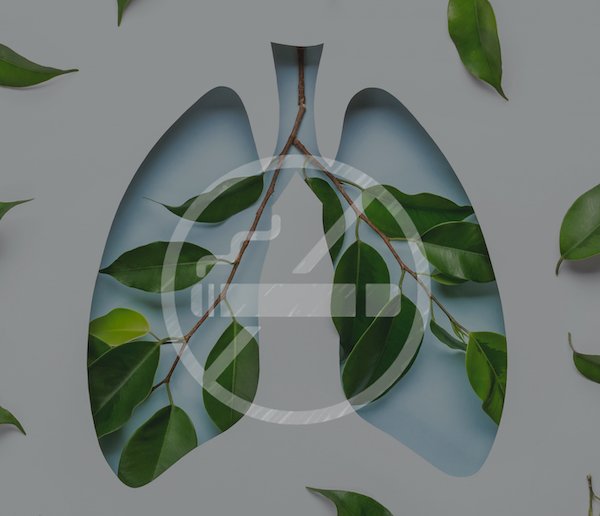In Turkey, one person dies every 6 minutes due to smoking-related diseases.
Projects
- Home
- Fight Against Smoke

Fight Against Smoke
The leading causes of human mortality are diseases classified as non-communicable diseases (NCDs), including cardiovascular diseases (CVDs), cancers, chronic respiratory diseases, and diabetes. NCDs cause more than 36 million deaths each year (63% of global deaths), with 14 million of these deaths occurring between the ages of 30 and 70 years and are considered premature.
In addition to common risk factors for NCDs, such as tobacco use, unhealthy diets, physical inactivity and harmful levels of alcohol use, and the reformulation and operationalization of public policies, NCDs can also be largely prevented through the contribution of non-health sectors. Our association has pioneered and collaborated in many efforts to eliminate all these reasons. In 2018, the "Fight Against Obesity" project with the Republic of Turkey Ministry of Health, in 2013, the "Project to Promote Active Life" with the Ministry of Health and Yıldırım Beyazıt University, the "Healthy Life Project" with the Evidence-Based Medicine Association, the "Diabetes Patient Empowerment Program" and the "Project to Raise Nutrition Standards" with the Ministry of Health in 2016, the "Medico Psycho-Social Modeling Project for Combating Substance Addiction" and the "Patient Empowerment Program" with the contributions of our association are among the main projects implemented. With all these projects, 8 million people were reached on healthy nutrition, 1889 family physicians and 7413 physical education teachers were trained on physical activity, and approximately 1.5 million exercise prescriptions were distributed across Turkey.
Smoking is one of the major causes of non-communicable diseases. Smoking is an important and preventable public health problem recognized as a cause of death and disease in all countries of the world. This problem has been accepted by the World Health Organization (WHO) as an area of struggle worldwide.
Global data shows that half of all men and one tenth of all women currently use tobacco products. According to the World Health Organization's projection, 1.1 billion people will continue to smoke in 2030, a number similar to today. Smoking cessation rates are very low. If tobacco use continues as it is, it is estimated that around 1 billion people will die due to tobacco use during this century. At the 2013 meeting of the World Health Assembly, countries were recommended to reduce tobacco use by one third by 2025. In this way, it was shared that it would be possible to prevent around 200 million deaths worldwide. Other MPOWER strategies recommended by the World Health Organization are also important in reducing tobacco use.
With all these, the illicit trade in tobacco products in Turkey is estimated to be over 20%. Independent authorities estimate that 17% of illicit tobacco products are illicit roll-your-own tobacco and 3% are counterfeit and smuggled cigarettes. The sale of contraband tobacco and cigarettes not only reduces the state's tax revenues but also threatens public health.
Quitting smoking is the best choice to reduce the harms of smoking and to prevent smoking-related diseases. Unfortunately, a lot of non-scientific information, especially about smoking, is shared with the public and the public is exposed to information that is not based on science and evidence. Evidence-based scientific data should be considered in decisions and guidance regarding tobacco products and all segments of the society should be informed accordingly. In addition, countries and strategies that have been successful in the fight against smoking by reducing the rate of use should also be considered and evaluated.
As an association, considering the high smoking rate in Turkey, we believe that in addition to the basic and prioritized strategies such as preventing smoking initiation and promoting cessation, current and different perspectives should be included in public health policies. We believe that all non-governmental organizations, especially the relevant ministries, should work in cooperation with local administrations, and that success can only be achieved with a total struggle, since smoking has not decreased in our country despite increasing regulations and smoking rates have remained similar for more than a decade.
As with other risk factors, our association has started to work on a project to combat smoking, which will be developed in line with global and national policies. You can access the opinions of all national and international authorities, data based on scientific sources, as well as the studies of the Ministry of Health on the subject on our website.

Smoke-free Airspace Policies in Turkey

The World Health Organization (WHO) reports that 60 million people died from smoking-related diseases between 1950 and 2000...
DetailsSmoking in the World

Tobacco harm reduction is the approach of encouraging adult smokers to consider alternatives that have the potential to reduce individual risk and population harm compared to smoking cigarettes, in addition to implementing policies to prevent the initiation of tobacco consumption and encourage cessation.
Tobacco Harm Reduction
Accept Edit


